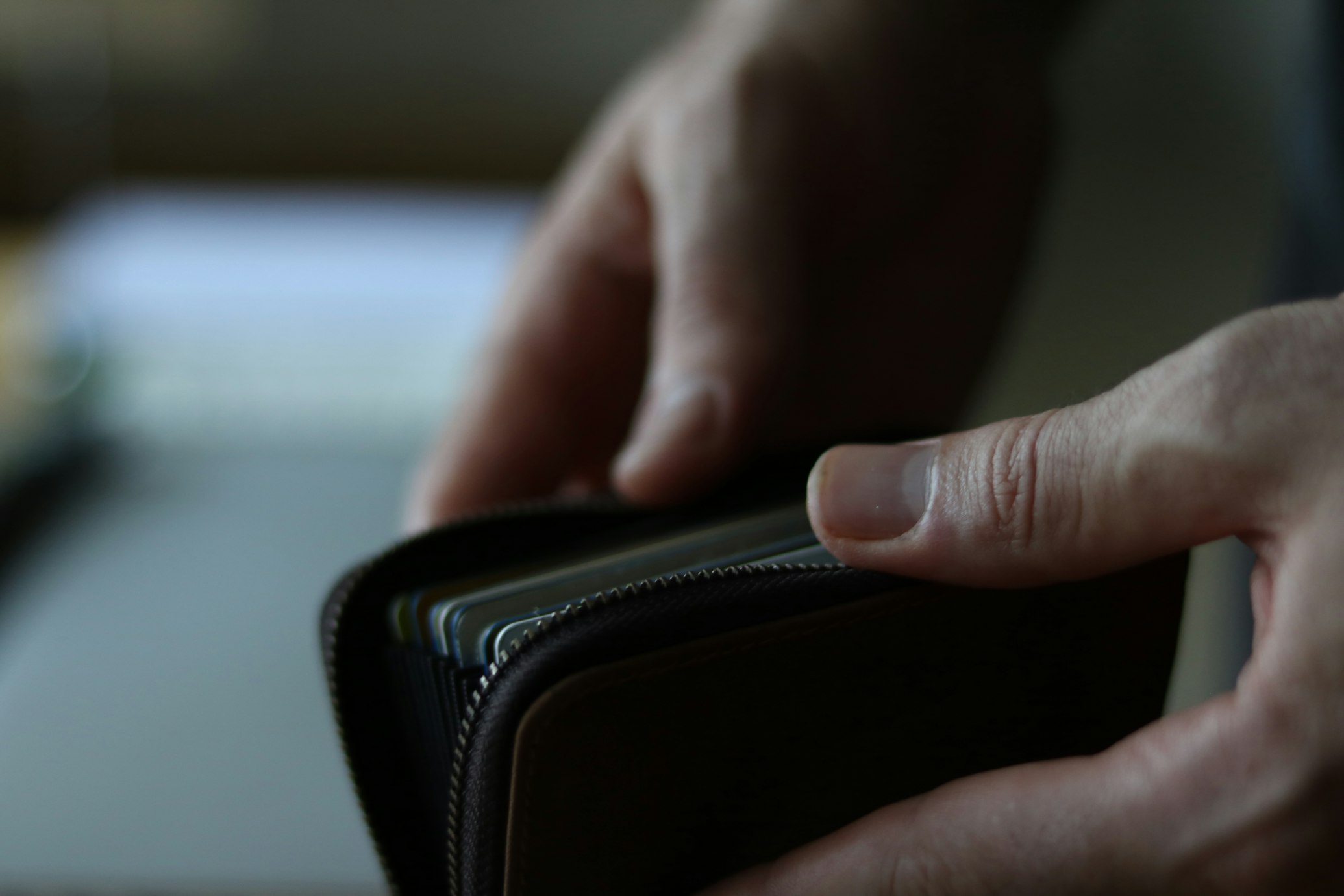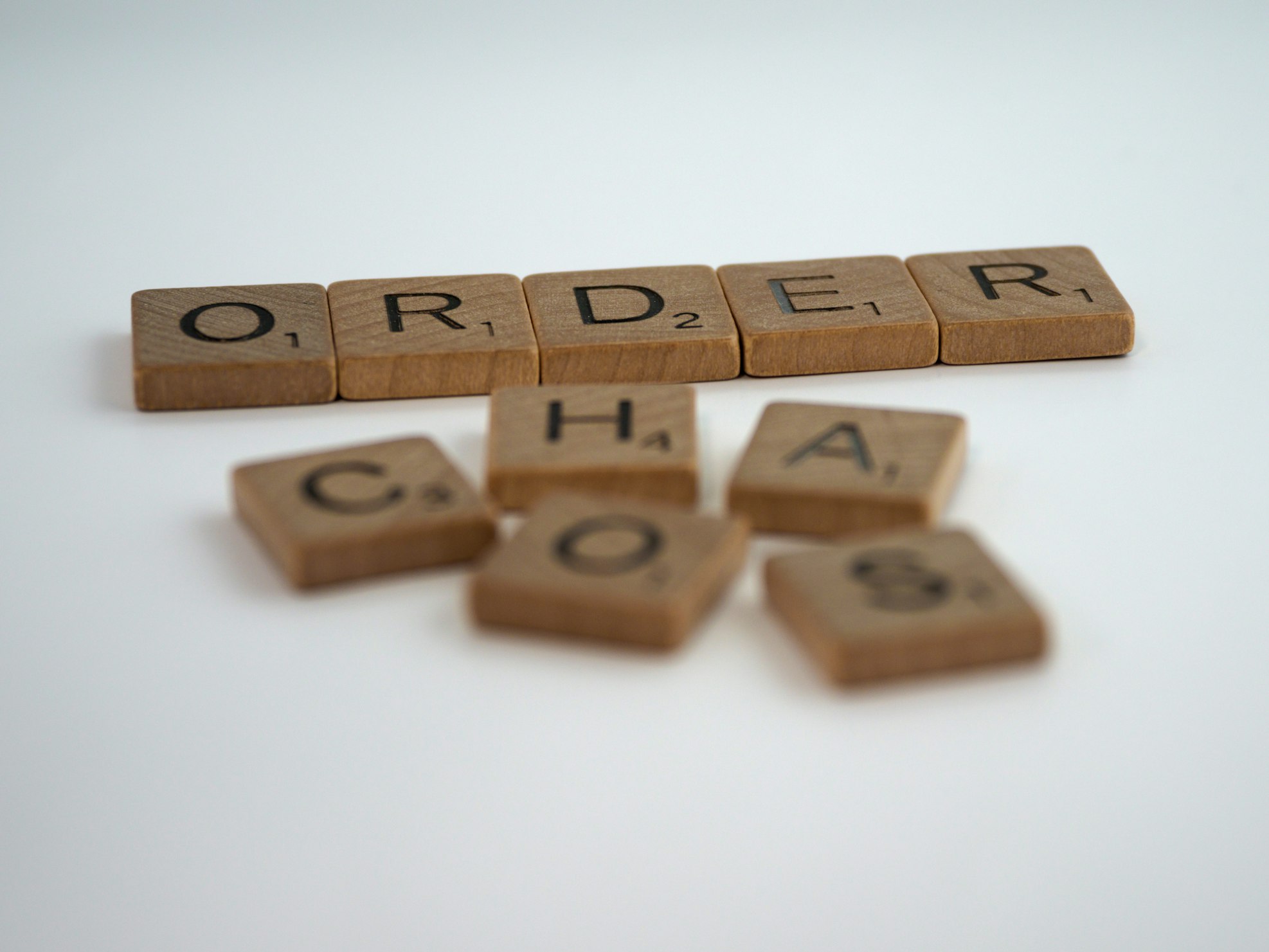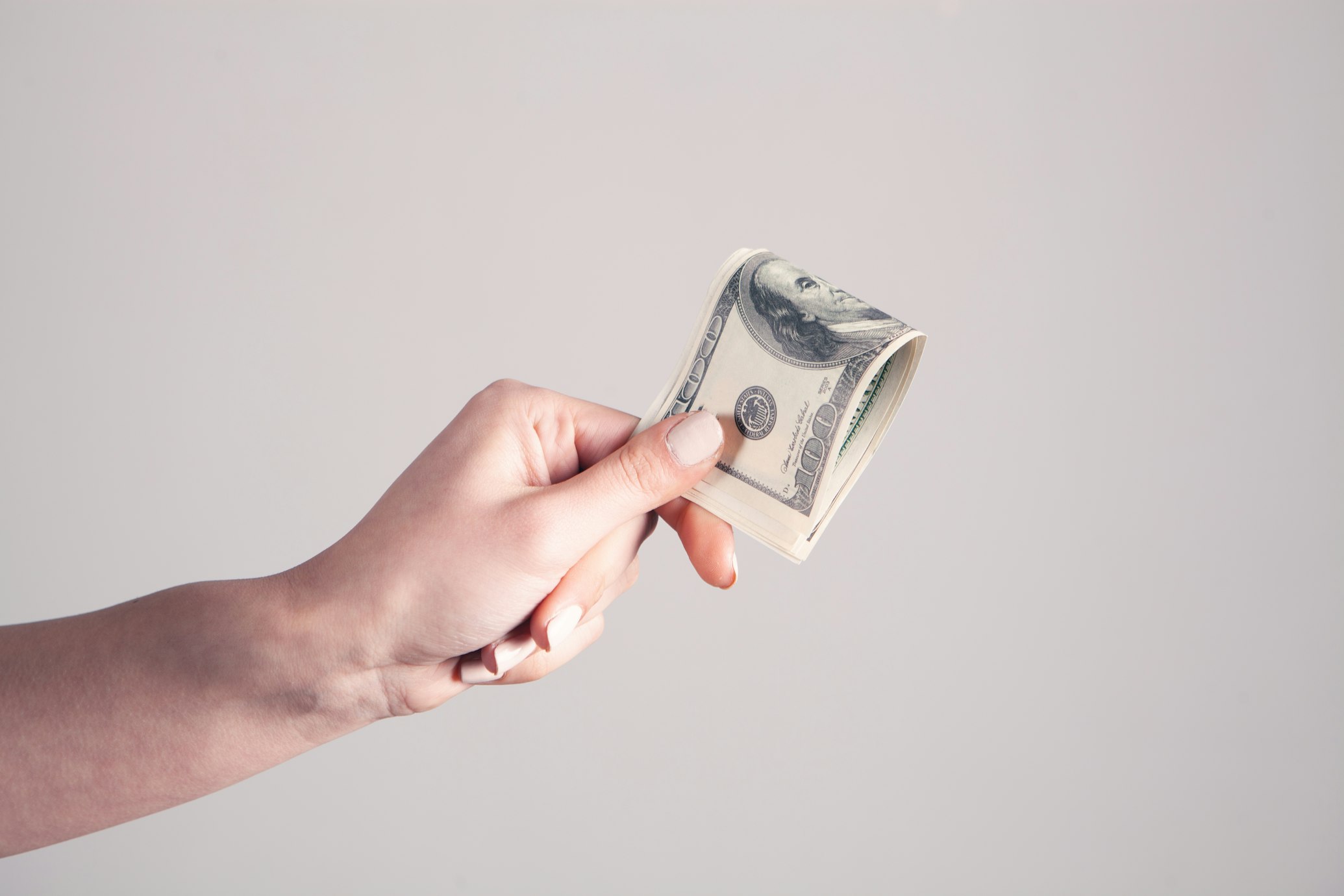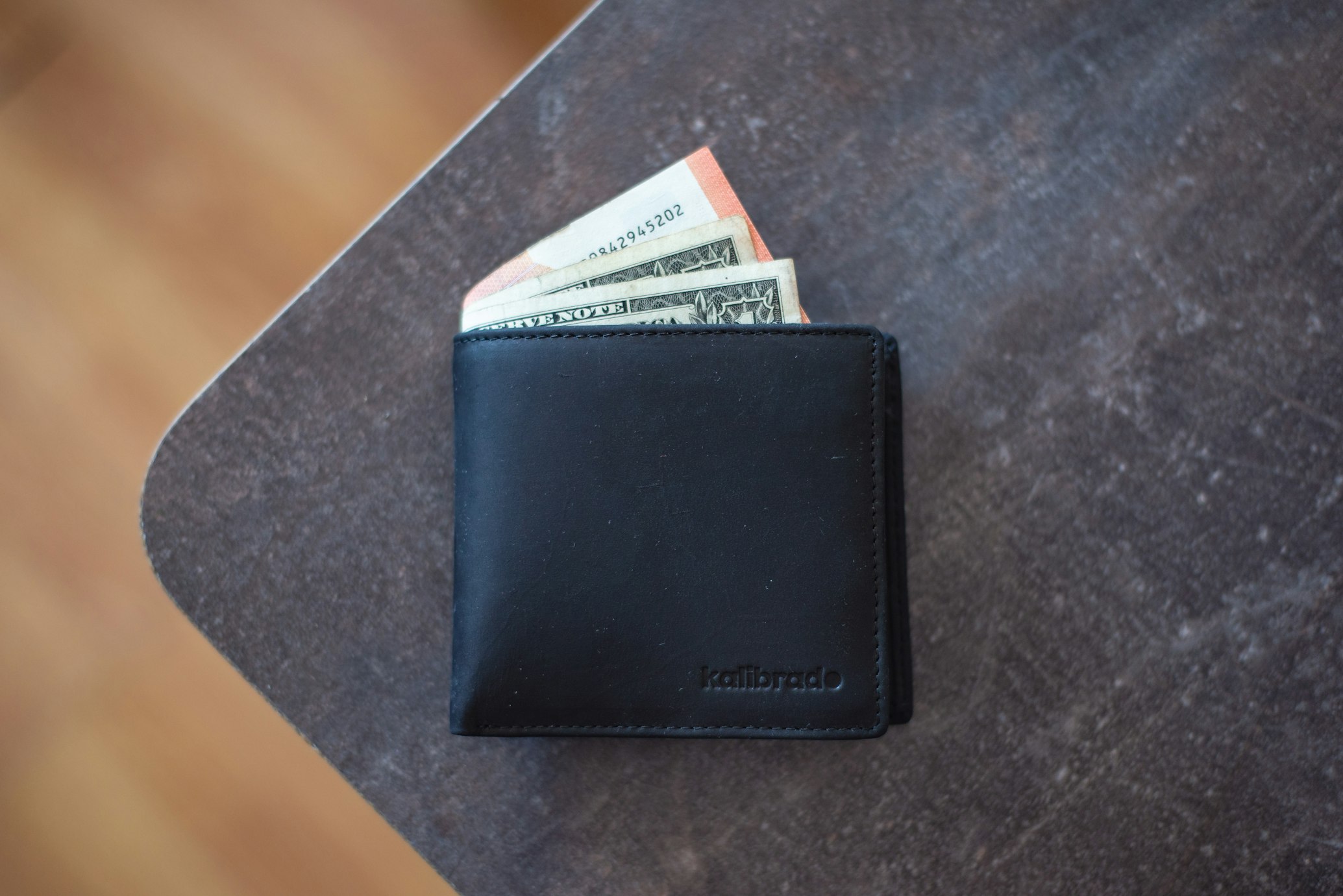Mastering the Art of Frugal Living: A Comprehensive Guide to Smart Shopping
Last updated: Mar 22, 2024

How do you actually buy anything at a good price? This is what we go into in detail. All from why to how.
Introduction
Finding a good deal can sometimes feel like trying to catch a slippery fish - it's not always easy, and there's always something cheaper popping up just when you think you've found a bargain. I get it, it can be super frustrating!
But hey, don't sweat it too much. This guide is here to help you navigate the wild world of shopping without pulling your hair out. Trust me, if you stress too much about finding the absolute best deal every time, you might end up never buying anything at all!
What's the deal with this guide, you ask? Well, its main mission is to clue you in on all the sneaky tactics companies use to make you think you're getting a steal when you might actually be getting the short end of the stick. Armed with this insider knowledge, you'll be a savvy shopper in no time!
Once you've got the lowdown on how these companies operate, you'll start to see through their tricks like a pro. And guess what? That means you'll be able to score some seriously sweet deals on pretty much anything you want to buy. Yep, anything!
Historical Prices
You know when you spot a discount and your brain goes, "Whoa, this must be a great deal"? Totally normal reaction. But here's the catch: just because something's on sale doesn't automatically mean it's a steal.
Ever heard of something called "confirmation bias"? It's like when your brain latches onto certain info (like a discount) and ignores if it’s relevant. For instance, imagine you see a product marked down from $200 to $100. Seems like a bargain, right? But without knowing its history, you can't be sure if it's actually a good deal or just a clever marketing ploy.
Researchers have done some cool studies on this stuff. They've found that even seemingly unrelated info, like your social security number, can mess with how much you think something's worth. Crazy, right? It's like our brains are wired to compare stuff, and companies totally know how to play into that.
If you are more interested in this topic, check out this documentary that explores the exact study and more.
So, why do we fall for it? Well, we're only human, and we love a good comparison. And those sneaky companies? They're experts at using psychology to get us to open our wallets wider.
Now that you know the game they're playing, you can keep your cool and make smarter choices when it comes to spending your hard-earned cash. You've got this!
How to check for historical prices?
There's the old-school method: writing down prices and keeping track of them over time. It's like creating your own little price database! The longer you keep at it, the more accurate your historical price comparisons become.
Oh, and don't forget to include the date! This little detail can reveal some interesting patterns.
Ever noticed how prices tend to go up or down around certain times, like during sales or holidays?
Our brains are like pattern-detecting machines, but sometimes we see patterns that aren't really there. That's where having lots of data comes in handy.
The more info you gather, the clearer the picture becomes. So, grab your notebook (or spreadsheet), start logging those prices, and get ready to become a master of spotting trends!
Online shopping
You're browsing online, but you're not sure if you're getting the best deal and you have no time to make your own price tracker we talked about. No worries!
All you gotta do is hop onto your favorite search engine and type in something like "STORENAME Historical Price Tracker." Easy peasy, right?
Now, here's the deal: if you really want to see how prices fluctuate over time, you gotta commit to the long haul. Checking prices for just a month or two won't give you the full scoop. But if you stick with it for a few years, you'll start to see some real patterns emerge.
It's kinda like planting seeds in a garden. Sure, you can see some growth right away, but if you stick with it and nurture those plants over time, you'll have a beautiful garden that lasts.
So, whether you're in it for the quick wins or the long-term gains, remember: a little effort now can lead to big rewards later on. Happy shopping!
Choosy = expensive
Ever thought about how being picky can burn a hole in your pocket?
It's true, we're all about wanting things just right. But here's the kicker: perfection often comes with a hefty price tag. And honestly, sometimes it's not even worth shelling out the extra cash when you realize how much you're paying for those tiny details.
Let's take apples, for example. What's the big deal, right? Well, for me, it's all about snagging a tasty, healthy snack.
But here's the thing: we're picky creatures. We care about stuff like where the apples are placed in the store, how they look, if there are any bruised ones nearby, and even the vibe of the staff.
Crazy, huh? We get caught up in all these little details that don't really matter when it comes down to munching on that juicy fruit.
Sometimes, though, there are companies out there that aren't so hung up on every little thing. They're the ones who focus on what really matters and can offer their products at a lower price.
But here's the twist: these companies are often the underdogs, fighting tooth and nail to get our attention in a sea of bigger brands.
So, next time you're tempted to fork over extra cash for those "perfect" apples, think twice. Sometimes, the best deals come from those who keep it simple.
Big companies = bad
The bigger a company gets, the more it might start to act like a big ol' bully. You know, the whole "take it or leave it" attitude? Yeah, that one.
See, we're creatures of habit. We like what we know, and we trust what's familiar.
That's why those big brand names we've grown up with or seen plastered all over TV tend to have a special place in our hearts. It's like when you meet someone new versus hanging out with an old friend - you're naturally inclined to trust the familiar face.
But here's where things get tricky: those big companies, they know we're suckers for familiarity. And sometimes, they use that to their advantage. They might hike up prices or cut corners because they know we'll still come back for more, simply because we trust them.
Now, compare that to a smaller, lesser-known company. They don't have that same level of trust built up, so they've gotta work harder to earn our loyalty. And you know what? That can actually work out pretty great for us consumers. Suddenly, things like price and quality matter a whole lot more.
Here's a little tip for you and your wallet: don't be afraid to mix things up and give those smaller guys a chance every now and then. Who knows? You might just discover your new favorite thing while sticking it to the big guys at the same time.
Weird = Cheap?
Sometimes, we're so caught up in how things look that we overlook some real hidden gems. Take that quirky little store down the street, for example. Sure, it might not have the flashy logo or the fancy storefront of those big-name brands, but you know what? It could be hiding some seriously awesome stuff inside.
We're all about appearances. We like things that look shiny and polished.
But sometimes, that means we miss out on the real treasures hiding in plain sight. That weird store with the funky decor and the mismatched shelves? It might just be the jackpot for finding great deals on stuff you never knew you needed.
So, next time you come across something or someone a little out of the ordinary, don't be so quick to judge. It's what's on the inside that counts, right? And who knows? You might just stumble upon your new favorite store while you're at it. Keep an open mind, and you never know what kind of awesome surprises you might find!
What are you buying?
You see, it's easy to assume we know exactly what's in that shiny package or fancy bottle, but the truth is, it's not always so clear-cut. Especially when it comes to more complicated products, like fancy gadgets or specialty foods.
But don't worry, it's totally normal not to have all the answers. The key is to try and grasp the basics, at least. Let me break it down for you with a simple example: apple juice.
Now, when you're standing in the juice aisle and trying to decide between two bottles - one priced at $1 and the other at $2 - it's easy to jump to conclusions. But hold up a sec! What are you really paying for here?
Apple juice, at its core, is just pressed apples with some added water and sugar, right? So, when you're comparing prices, it's not just about the number on the tag. Take a peek at the ingredients list instead. See how much of that juice is actually coming from apples.
For example, if the $1 juice is 50% apples and the $2 one is 100%, well, suddenly they're not so different in value, are they? Unless you wanna factor in the water content, of course.
So next time you're faced with a decision at the store, remember to look beyond the price tag and consider what you're really getting for your money. It's all about making informed choices and getting the most bang for your buck!
What about more complex products?
You know those fancy gadgets and gizmos that seem to have a million bells and whistles? Yeah, those are the ones I'm talking about. And don't even get me started on buying stocks in companies - talk about confusing!
The thing is, when you're faced with something super complex, like a high-tech device or a piece of a big ol' company, it can feel like you're diving into a bottomless pit of information. I mean, you could spend hours reading up on every little detail, but let's be real, who's got time for that?
So, what's the solution? Well, you could try to boil it down to the basics. Think about what really matters to you in the product or investment you're considering. Is it the functionality? The quality? The price?
Once you've got a handle on the essentials, you can start comparing similar products or stocks to see which one ticks all your boxes. It might not give you a perfect answer, but it's a good starting point for making sense of the madness.
So, next time you're faced with something mind-bogglingly complex, remember to keep it simple. Focus on what's important to you, and don't be afraid to trust your gut. You've got this!
Example:
I want to buy a phone and I want it to be able to:
- Have many apps installed: Hard Drive Storage (GB)
- Be able to run many apps smoothly: Ram (GB)
- Battery last a day: Milliampere-hour (mAh)
- Take decent photos: Mega pixels (mp)
Remember these are not perfect but only serve as basic metrics for a phone. You can find them with enough searching and a clear understanding of your priorities.
The problem with doing something like this is that every metric here has its own hardware. And that means even the hardware has even more metrics attached to it. Let’s take the first thing in the list as an example: “Hard Drive”. It has rotation speed, data transfer rate, buffer size, MTBF, and more.
It is not really practical going this deep into everything you ever want to purchase and that’s why you should sometimes accept you can’t know everything but still can make a sound purchase by accounting for the unknown.
When you are dealing with things you don’t know, you must add these in your valuations and accept there is a risk. If you know everything there’s no risk and the less you know the higher the risks are.
And where there is risk you need to account for it. Scroll down to read about risks.
Risks in products
Risk is basically all about what we don't know, especially when it comes to how complicated something is. And here's the thing: it's different for everyone.
Take buying a car, for instance. Imagine two people buying the exact same car for the same price. Now, who do you think has less risk? Well, it might seem like the person who fixes cars for a living would have less risk, right? After all, they probably know all the ins and outs of that car.
But hold on a sec! Risk isn't just about knowing stuff - it's also about being prepared for the unexpected. Like, maybe the other person is an ace driver and can handle any situation that comes their way. See what I mean? It's not always black and white.
But here's the kicker: when you're faced with risk, it's your job to be ready for it. You gotta know that there's a chance things might not go as planned, and you might end up losing some or all of what you paid for.
One way to lower your risk is by paying less for the same product. Makes sense, right? If you're spending less, you've got less to lose. But it's not always that simple. Sometimes, cheaper prices could mean lower quality or other hidden issues.
Now, there are tons of ways to manage risk. Like diversification - that's when you spread your money across different investments to lower the chance of losing everything. And then there's allocation, which is all about deciding where to put your money based on what you know (or don't know).
For example, let's say you're thinking about diving into the world of cryptocurrency. If you're not sure what you're doing, you might decide to allocate less money to it, just in case things go south. And if you're really unsure, you might even diversify your investments to spread out the risk.
So, the bottom line is this: when it comes to risk, knowledge is power. The more you know about what you're getting into, the better prepared you'll be to handle whatever comes your way. And hey, if all else fails, just remember to buckle up and enjoy the ride!
Bulk - time is money
Hey, let's chat about why buying in bulk can be a total game-changer!
So, you've probably heard that buying stuff in bulk can save you some serious cash, right? Well, it's true! When you buy a bunch of something all at once, you often get a better deal than if you bought each item separately. Makes sense, huh? After all, it's usually easier and cheaper for stores to sell things in bulk.
But here's the thing that doesn't get talked about as much: time-savings. Think about it - if you grab five of your favorite snacks in one go instead of making five separate trips to the store, you're saving yourself a ton of time. And for those of us who are all about being efficient with our time, that's a major win!
Oh, and here's another cool perk: buying in bulk can actually help protect you from inflation. See, if you stock up on stuff now when prices are lower, you won't have to worry as much if prices go up later on. It's like giving yourself a little insurance policy against rising costs.
So yeah, next time you're debating whether to buy in bulk or not, remember: it's not just about saving money, it's also about saving time and future-proofing your purchases. Talk about a win-win!
Downsides of inventory
Hey, let's talk about the not-so-great parts of having a big inventory!
So, picture this: you've got a bunch of products stocked up, ready to go. Sounds great, right? Well, here's the thing: all that stuff sitting on your shelves means your money is tied up. And when your cash is tied up in inventory, it's not out there working for you, snagging you sweet deals or buying you other cool stuff.
Now, here's where it gets even trickier: the value of money changes over time. Like, if you had a dollar back in 1930, it would be worth way more today in terms of purchasing power. But if you just held onto that dollar, it wouldn't magically turn into more money. Bummer, right?
And get this: if you had invested that dollar in something like the S&P 500, it would be worth a whopping $225 today! Crazy, huh? So even if your inventory is protected against inflation, it might still end up costing you in the long run.
But here's the real kicker: sometimes you end up with more stuff than you actually need. I mean, who hasn't bought more of something than they really needed? Guilty as charged! And then you're stuck with all this stuff taking up space and gathering dust, basically turning into paid-for clutter that you can't bring yourself to toss out.
So yeah, having a big inventory isn't all rainbows and unicorns. It's all about finding that balance between having enough stuff on hand and not drowning in a sea of unused products. And hey, we've all been there - sometimes you just gotta learn the hard way!
Discounts codes
So, you're eyeing something online and you're thinking, "Man, I wish I had a discount code." Well, guess what? It's easier than you think to score some savings!
First up, try hitting up your favorite search engine and type in "STORENAME discount codes." You'd be surprised how often this little trick works!
But wait, there's more! You can also supercharge your savings by using browser extensions like Honey. These handy tools can sniff out discounts like a pro, though they might not always find you the absolute best deals.
Now, if you're browsing on your phone, consider switching to a browser like Firefox that lets you use these nifty extensions. It's like having a secret weapon in your pocket for getting those sweet, sweet discounts.
Oh, and here's a sneaky tip: if you've got a friend or family member with a student or elderly discount, don't be afraid to ask if you can borrow it. After all, when it comes to saving money, loyalty to companies goes out the window - it's all about that final price tag!
So, next time you're shopping online, remember: with a little creativity and know-how, you can score some seriously awesome discounts without breaking a sweat. Happy saving! 🎉
Conclusion
Hey, let's wrap things up and sum it all up!
So, here's the deal: if you want to make sure you're getting a good deal, tracking the historical price of the product is key. You gotta make sure you're comparing apples to apples, so to speak, and that nothing fishy's going on with the item you're eyeing.
Now, when it comes to buying something, it's always a good idea to know at least the basics. But hey, we get it - sometimes things can get pretty darn complicated, and it's easy to feel like you're drowning in a sea of information.
But here's the thing: it's totally okay to deal with the unknown. Just make sure you're not completely in the dark - learning some basics can go a long way in helping you make informed decisions and reduce the risk of getting burned.
Now, onto buying in bulk. Sure, it can mean snagging some sweet discounts and saving time with fewer trips to the store. Plus, it can even help protect against inflation. But be warned: there's a downside too. Building up a big stash of stuff can tie up your money and come with its own set of risks.
So, there you have it - a little bit of knowledge, a sprinkle of caution, and a whole lot of savvy shopping can go a long way in helping you nab the best deals and make the smartest purchases. Happy shopping, my friend! 🛍️
Ready to make smarter shopping decisions? Try out our cost-value calculator now and find out if that product is really worth the price! 🛒💰









